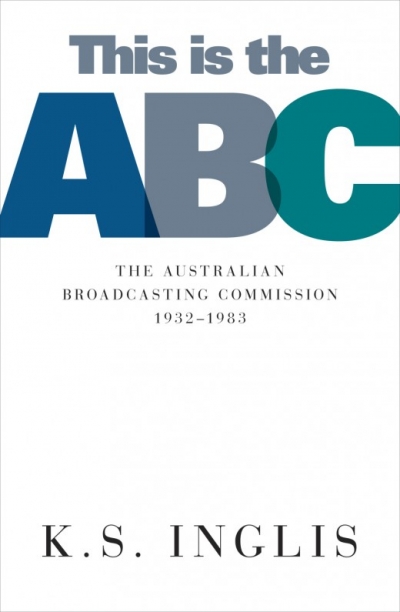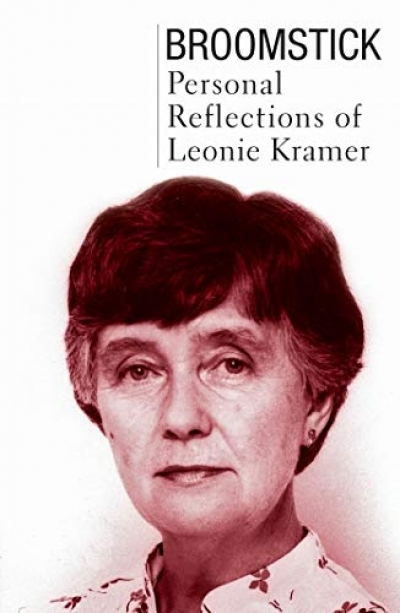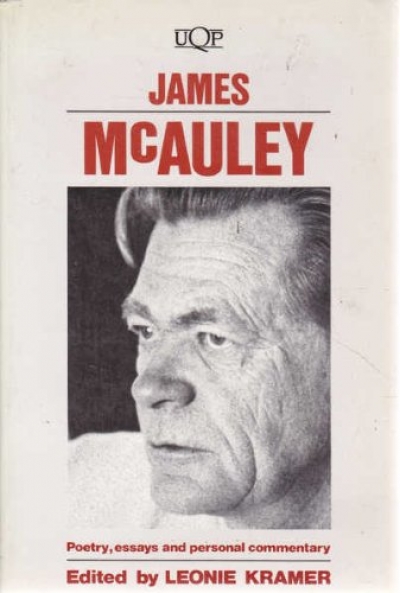Broomstick: Personal Reflections of Leonie Kramer has been some years in the writing, and is published now only with the assistance of Leonie Kramer’s friends, former colleagues, and daughters, with the delay ultimately due, the Preface informs us, to the progression of the author’s dementia. As the memoir of a very public figure whose name and decisive actions marked the national fields of broadcasting, the academy, and corporate boardrooms across the final decades of the last century, Broomstick might have promised to be of interest both to general readers and to social or cultural historians. And as the memoir of one of Australia’s most outspoken, even infamous conservatives, it might also have been expected to provoke some controversy, to reopen debates perhaps, to antagonise, or to consolidate and confirm positions and views.
...
(read more)



